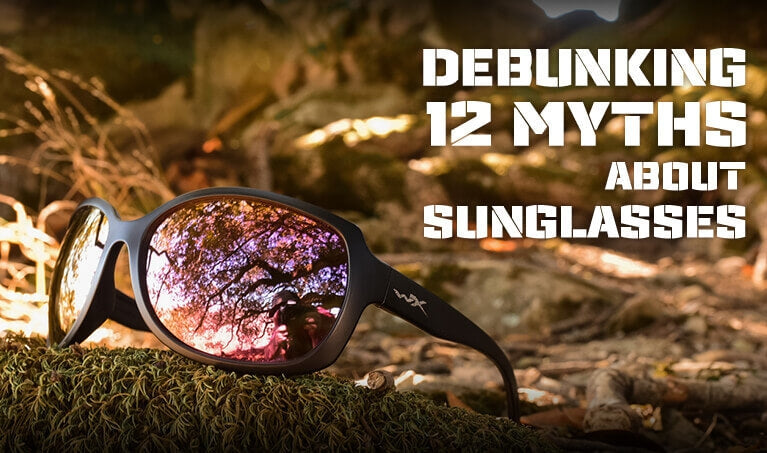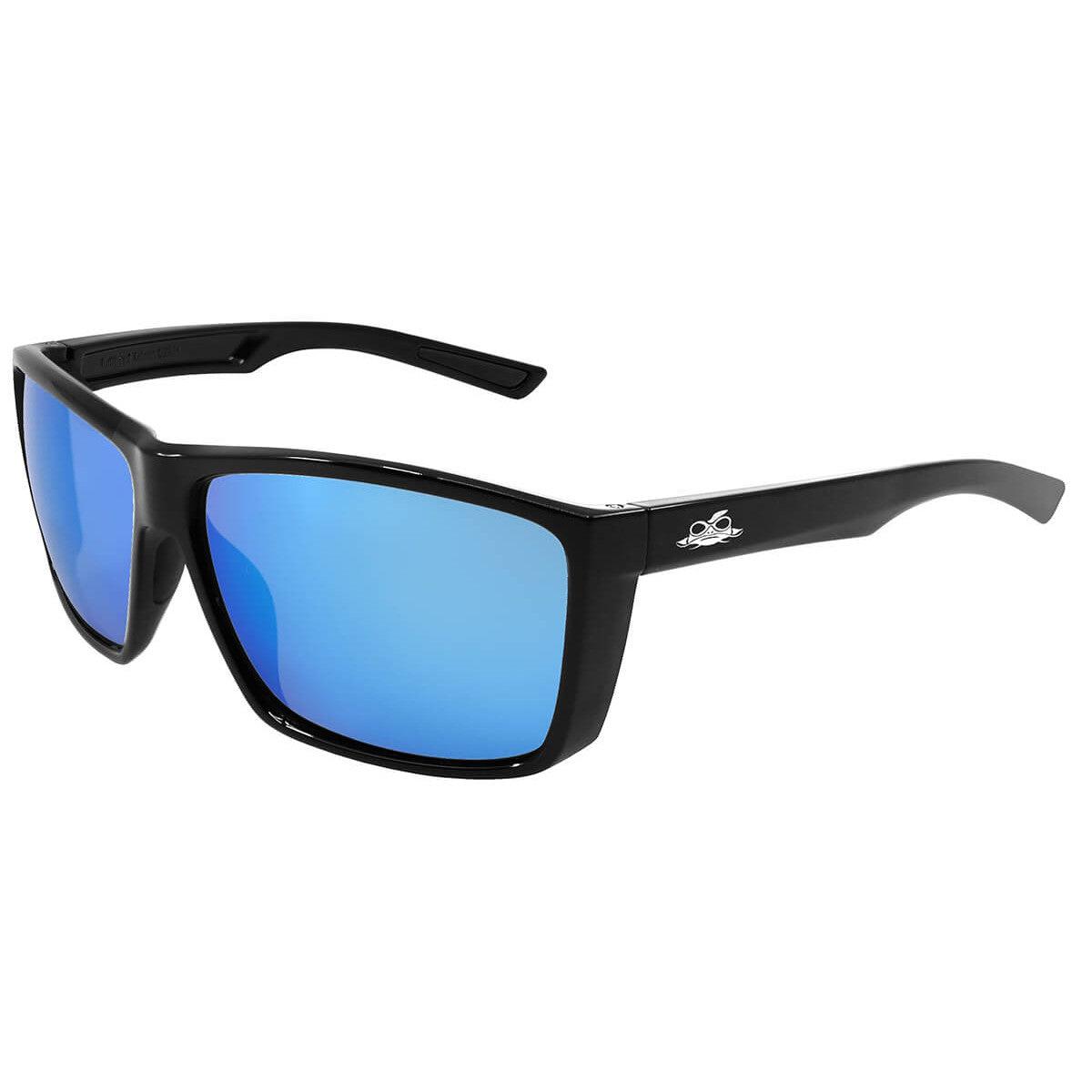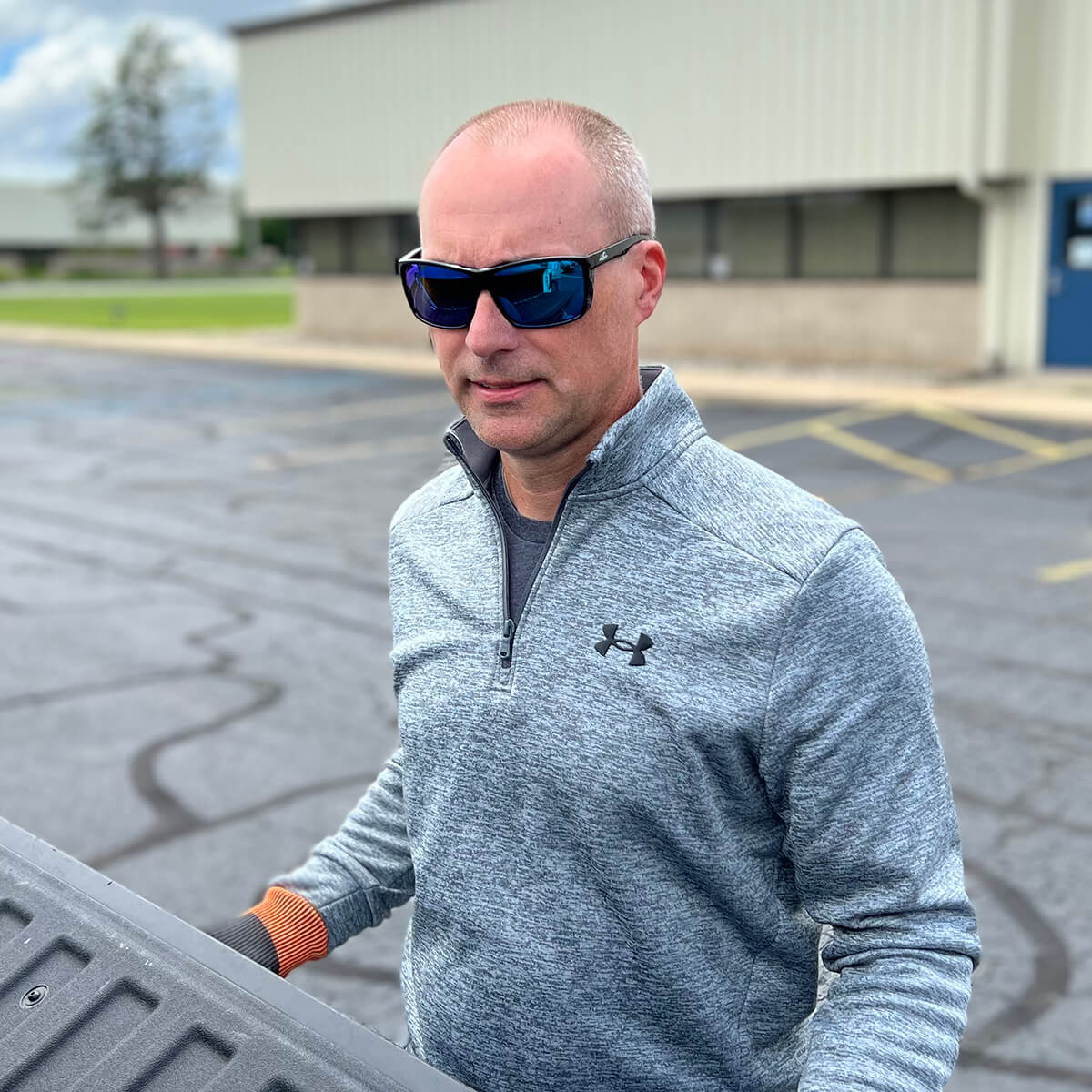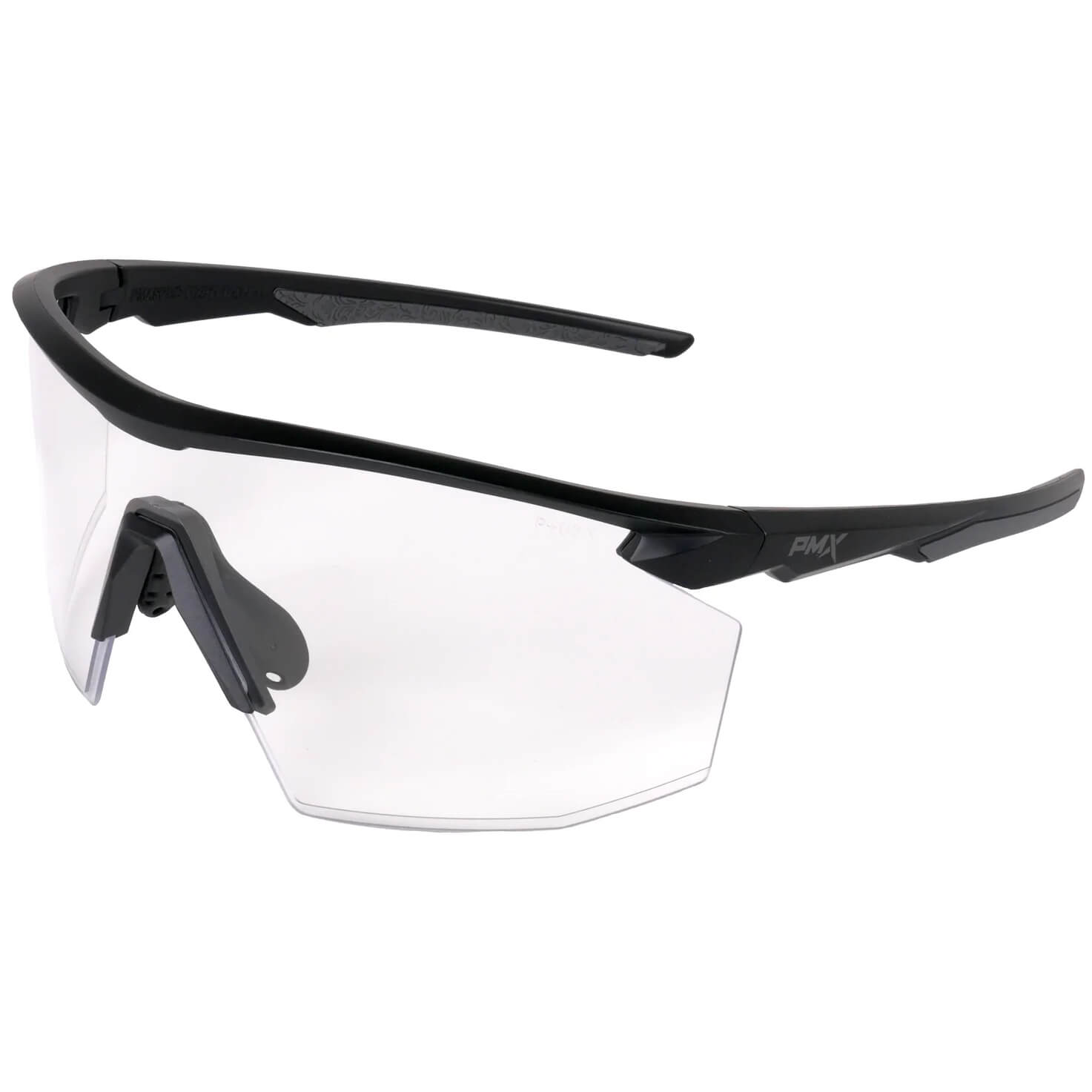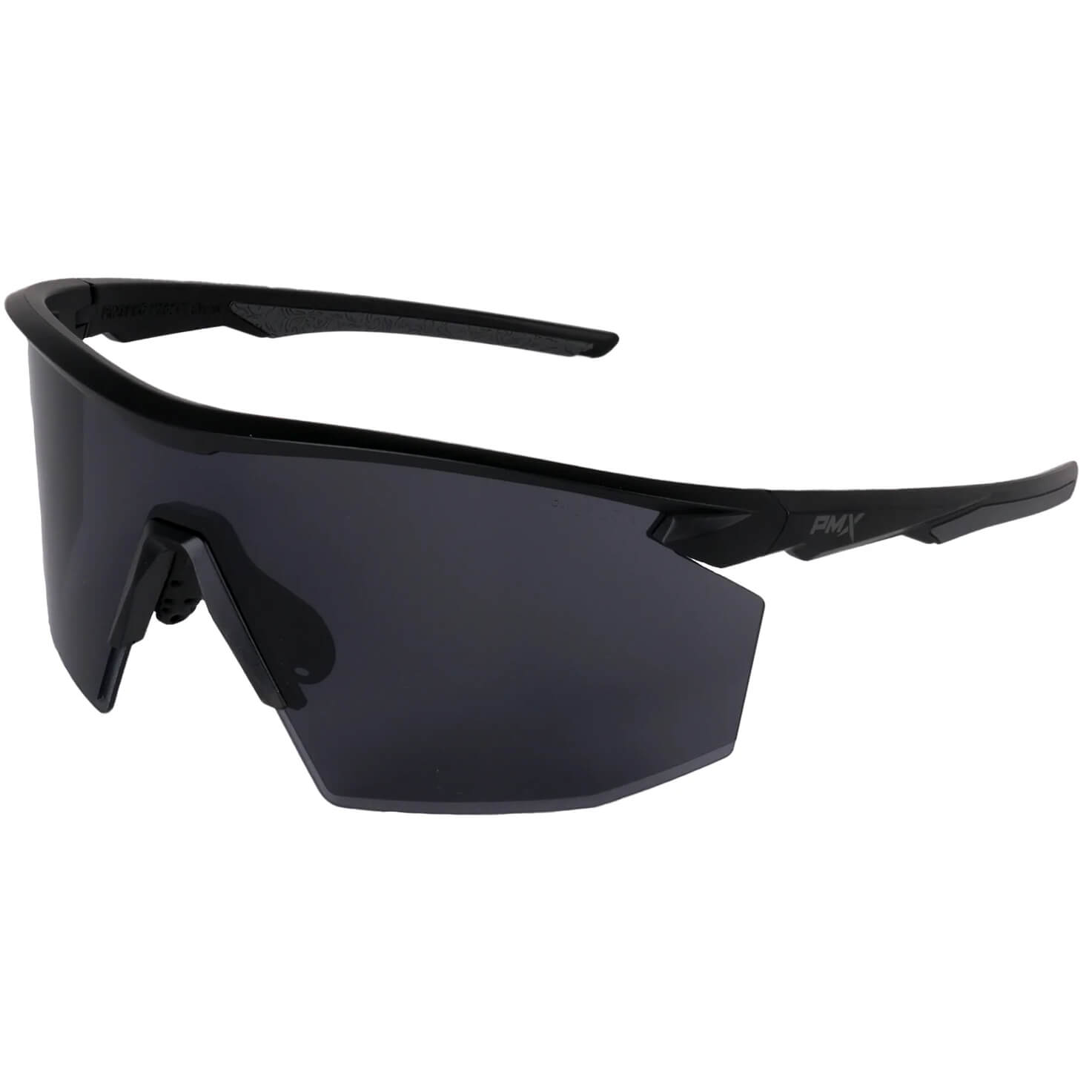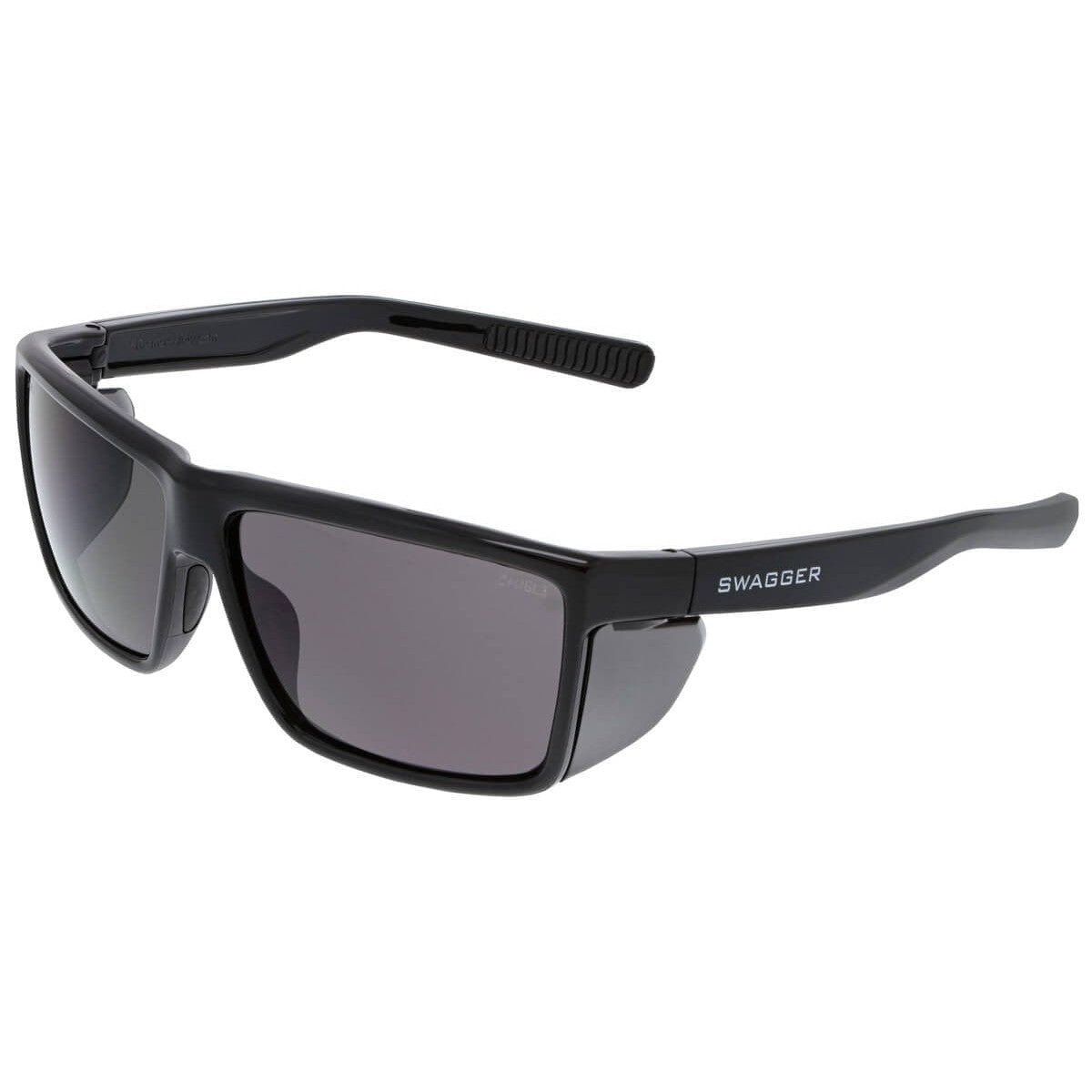When choosing sunglasses, many people sacrifice safety for style. Many also think they must pay a lot to get the best sun protection. Fortunately, neither of these is true. Unfortunately, these and other myths about sunglasses might be preventing you from getting the best eye protection. They also might be keeping you from having the sunglasses best for you.
Make UV Protection Your Top Priority
The most crucial factor regarding sunglasses is UV protection. Damaging UV light from the sun comprises 95% UVA light and 5% UVB light, and exposure has both short-term and long-term impacts. Quality eyewear and common sense are keys to protecting the eyes against UV light. In fact, UV coating on lenses is much like sunscreen for your skin. Simply put, don't buy sunglasses without 100% UV protection.
Beyond UV protection, options for sunglasses seem endless. From wraparound frames to various lens shades and colors, many sunglasses protect eyes from the sun and are stylish, budget-friendly, and improve vision.
Debunking 12 Myths About Sunglasses
Clarifying the following myths about sunglasses, including several related to UV protection, provides the perfect opportunity to assess your sunglasses and sunglass-wearing habits. Use the list below to determine if you need to make any adjustments.
Myth #1: Sunglasses with 100% UV protection are expensive.
Many sunglasses with 100% UV protection are inexpensive and widely available. In fact, if they have 100% UV protection, "cheap" sunglasses will protect your eyes from harmful UV rays just as well as those costing a couple hundred dollars. In addition, with better quality sunglasses, which often means higher prices, you'll get a better fit and can avoid the distorted vision (and the headaches that come with it) usually caused by cheap, plastic lenses. Not only that, but quality sunglasses will also likely last longer than cheaper ones.
Myth #2: Lens color matters for blocking UV rays.
Lens color plays no role whatsoever in blocking UV rays. Instead, UV protection is determined by either a lens treatment or the type of lens material. This means that yellow lenses with UV protection work just as well to ward off UV damage as dark gray ones with UV protection. On the other hand, lens color matters for other things, such as providing increased contrast when playing sports since they can, for example, make a softball or golf ball easier to see.
Myth #3: Darker lenses provide better protection.
As with lens color, a clear lens provides just as good protection as a dark lens tint if they are UV lenses. Said another way, dark lenses are useless for protection against the sun if they do not have UV protection. Knowing how to choose the best lens tint can be helpful for many reasons, but it doesn't matter when it comes to UV protection.
Myth #4: An added UV coating is necessary for extra protection.
Debunking this myth is simple. If lenses already have UV protection, you do not need to add any additional UV coating.
Myth #5: Photochromic lenses do not block UV rays as well as other lenses.
Photochromic lenses can provide as much protection against the sun's harmful rays as any other lenses if they also come with UV protection. However, they aren't for everyone, so it is crucial to understand photochromic eyewear before buying them.
Myth #6: Polarized lenses offer more protection.
Polarized lenses with UV protection do not offer more protection than any other lens with UV protection. The most significant benefit of polarized lenses is reducing glare, which makes activities such as driving or boating more enjoyable. Understanding the benefit polarized sunglasses provide can help determine if they should be a feature of your sunglasses.
Myth #7: Children do not need sunglasses as much as adults.
Children need their eyes protected against UV rays just as much, if not more, than adults.
"The lens of a child allows 70% more UV rays to reach the delicate retina than in an adult. Most parents are aware of the critical need to protect their children’s skin from UV exposure with sunblock, yet few insist their children wear sunglasses." (Dr. Borchert, Children’s Hospital Los Angeles)
Since UV damage to the eyes, as with the skin, is cumulative, the earlier consistent protection begins, the better for long-term eye health.
Myth #8: Sunglasses are only needed on sunny days.
While UV rays are less intense on cloudy days, they are by no means absent. For this reason, sunglasses are still needed on days when the sun isn't out. However, changing shade color, tint level, or lens type may be helpful for good visibility on cloudy days. After all, you probably can't see well with dark lenses on a cloudy day.
Myth #9: Sunglasses are only needed in the summer.
Not only is this not true, but there are many great reasons to wear sunglasses in winter. For example, your eyes get a double hit of UV rays in snowy landscapes due to the reflection of the snow. In addition, respecting the autumn sun is also crucial since the sun lies closer to the horizon this time of year and often shines directly into the eyes. So, not only are sunglasses necessary in the summer, they should become a year-round accessory no matter where you live.
Myth #10: Size does not matter.
Larger lenses and wraparound styles can provide better protection from UV rays than standard-sized lenses. This is because larger lenses block more rays, including those coming in from the top, bottom, and sides, than average-sized lenses. So, consider lenses with more surface area when you're going to be outside for longer periods or in situations where glare, such as snow or water, is a factor.
Myth #11: Scratches on lenses do not matter.
Scratches on lenses won't impact the level of UV protection or harm your vision, but they can tire your eyes as you strain to see through them. For this reason, it's essential to take good care of your sunglasses and to replace them when they get scratched.
Myth #12: All sunglasses protect against UVA/UVB light.
Some inexpensive sunglasses still do not come with UVA/UVB protection. If sunglasses do not indicate such protection, don't buy them. Wearing sunglasses without UVA/UVB protection can give a false sense of security, leading to irreversible sun damage. Also, there's no reason to wear sunglasses without such protection since so many inexpensive and stylish options are readily available.
Move Beyond the Myths About Sunglasses
Hopefully, addressing these myths about sunglasses helps eliminate excuses for not wearing sunglasses with UVA/UVB protection. Once you've determined that a pair of sunglasses will protect your eyes from the sun's harmful rays, you can move beyond the myths and choose the best sunglasses for you.

